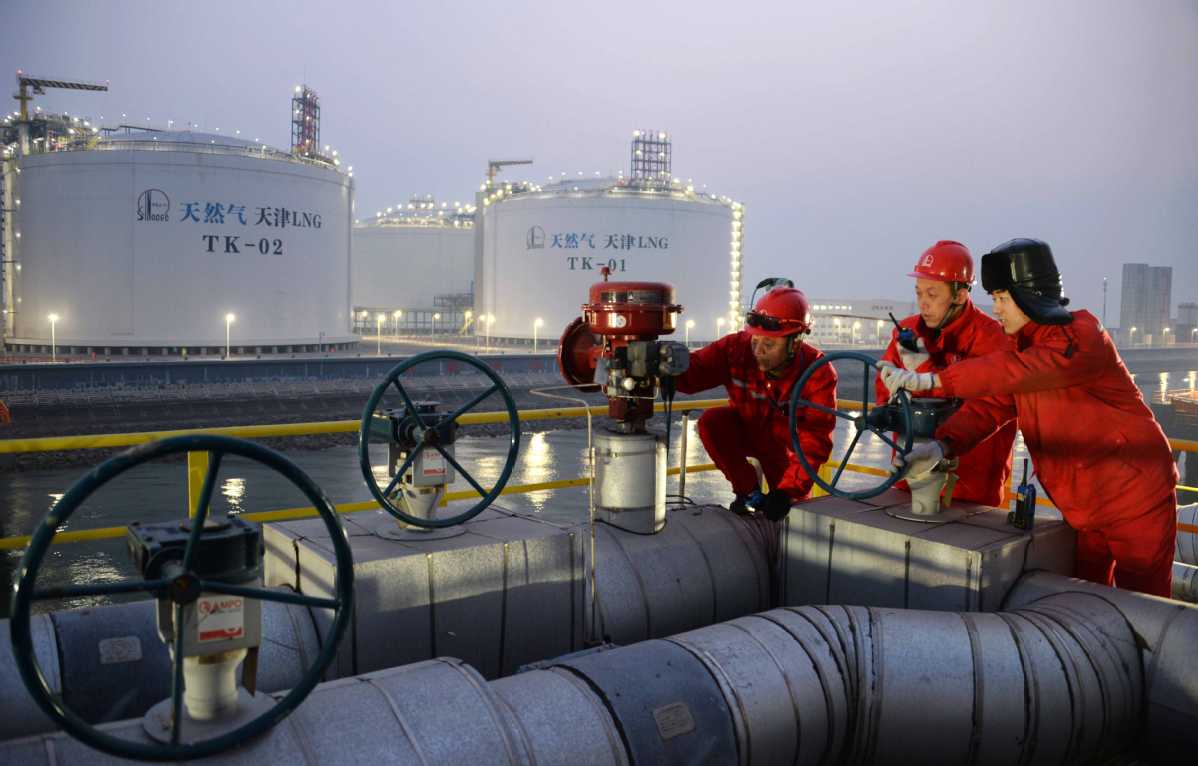China’s liquefied natural gas (LNG) imports are poised to hit unprecedented levels in 2024, according to a projection by a PetroChina official, Reuters reported on Wednesday.
Zhang Yaoyu, the global head of LNG and new energies at PetroChina International, delivered this forecast at an industry conference in Bangkok.
As the world’s top importer of this super-chilled fuel, China is expected to import between 78-80 million metric tons of LNG this year. The surge in demand is being primarily driven by the industrial and commercial sectors.
This forecast represents a potential 9-12 per cent increase from the 71.2 million metric tons imported in 2023, as per China’s customs data.
Notably, in 2021, China imported a record 78.8 million metric tons of LNG.
Zhang expressed confidence in meeting this forecast, citing first-quarter data indicating that China had already imported nearly 20 million tons of LNG during this period.
Demand growth is particularly strong in industries such as chemicals, paper, steel, and cement. Zhang also noted the anticipation of increased demand with the onset of winter.
However, Zhang highlighted the condition for increased LNG consumption in Chinese power plants, indicating that prices would need to fall below $6 per million British thermal units (mmBtu).
He shared this insight with Reuters on the sidelines of the Future Energy Asia conference, pointing out that despite spot LNG prices dropping to around $8/mmBtu in February, they have since risen to $10.50/mmBtu due to hotter weather and supply concerns.
In other developments, Anglo American rejected an improved takeover bid from rival miner BHP valued at approximately $42.7 billion.
Looking at China’s broader energy landscape, Zhang expects coal to continue playing a crucial role in supporting grid stability. He downplayed the likelihood of increased LNG adoption in power generation despite the growing use of renewable energy sources.
Zhang emphasised the challenges associated with relying solely on renewables for power, asserting that coal remains a foundational element in the short term.


